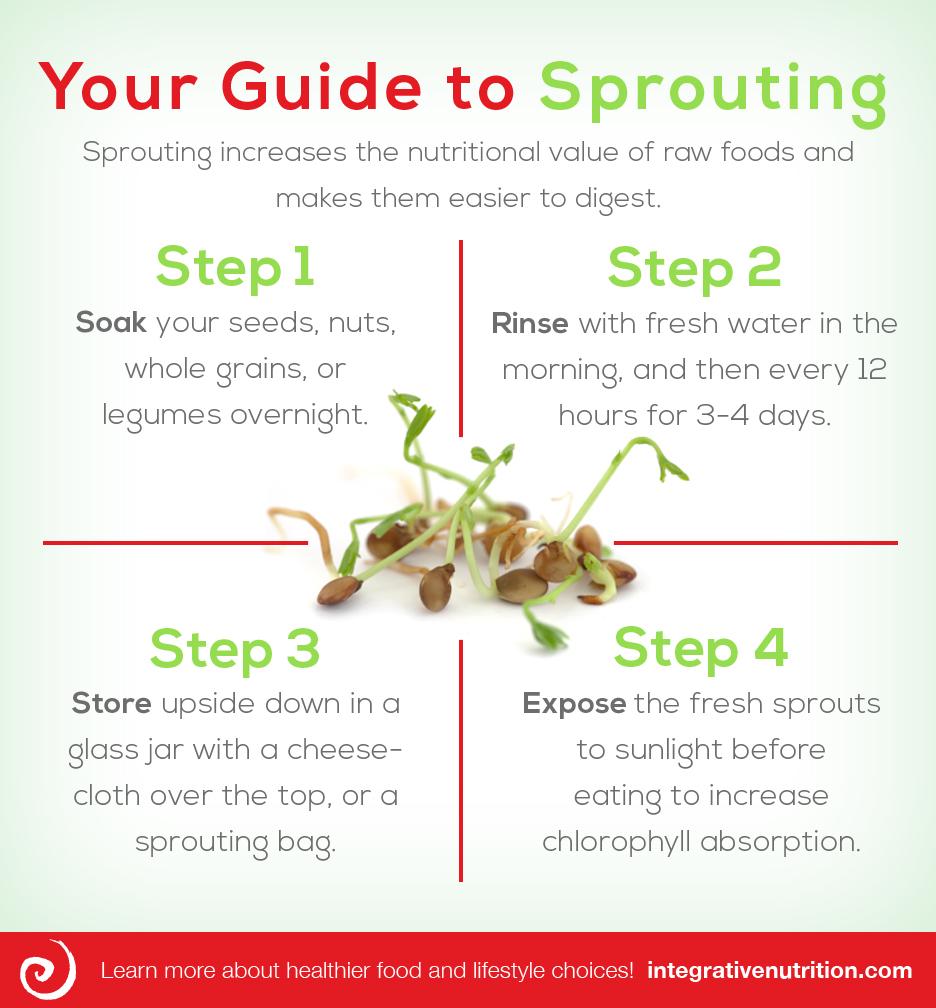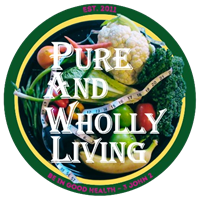Amid all the talk of exotic superfoods that are flown half way around the world to meet a growing demand from health-conscious consumers, there is one type of food that is equally nutrient-dense, available locally, and seldom gets the attention it deserves: sprouts.
The term “sprouts” encompasses a wide variety of seeds, grains, and legumes that have undergone a natural process of sprouting, whereby moisture, time, and some sunlight allow the seeds to expand and grow.
While sprouts are an important part of a raw foods diet, there’s no reason why everyone can’t enjoy more sprouts regardless of their dietary preferences.
Here are 3 reasons these tiny edible plants are considered a superfood:
1. Rich in enzymes. Sprouts are jam-packed with essential nutrients that act as catalysts in every bodily function. We produce fewer enzymes as we age so consuming them in foods will not only support efficient digestion and absorption, but it will also aid the body in overall health and disease-free longevity.
2. More antioxidants and nutrients. The sprouting process miraculously increases the vitamin, mineral, and essential fatty acid content of the food far beyond its original form, and also makes them more readily available for assimilation by the body. B vitamins, as well as vitamins A, C, and E, are especially high in sprouts, as are minerals like calcium and magnesium, and beneficially accessible amino acids (which are considered the “building blocks of life”).
3. Alkalizing. While most foods have an acidic effect on the body, sprouts are alkalizing, which is conducive to healing, cellular communication, and general physical homeostasis. This also makes sprouts an excellent companion in meals that contain acidic foods, so that the inflammatory effects of the other foods can be balanced.
In addition to being beneficial for health, sprouts are inexpensive and can be grown in your very own home so that you know they are always fresh and free from any mysterious or harmful toxins.
Here are a variety of ways to incorporate sprouts into your meals:
- As a snack on their own, with a bit of olive oil and sea salt
- Add to soups, salads, or sandwiches
- Juice them along with other veggies
- Have alongside heavier foods like meats, beans, or grains
Growing your own sprouts is easy, but it does take a few days to go from seed to sprout. Here’s a graphic to help you remember the 4 basic steps.

In addition to a jar or sprouting bag, you can also try a sprouting tray, which is specially made to keep the seeds spread out for maximum expansion. And if sprouting at home simply doesn’t work for you, remember that sprouts are available at farmer’s markets, health food stores, and even regular supermarkets, so simply buy them!
What’s your favorite type of sprout and how do you eat it?
